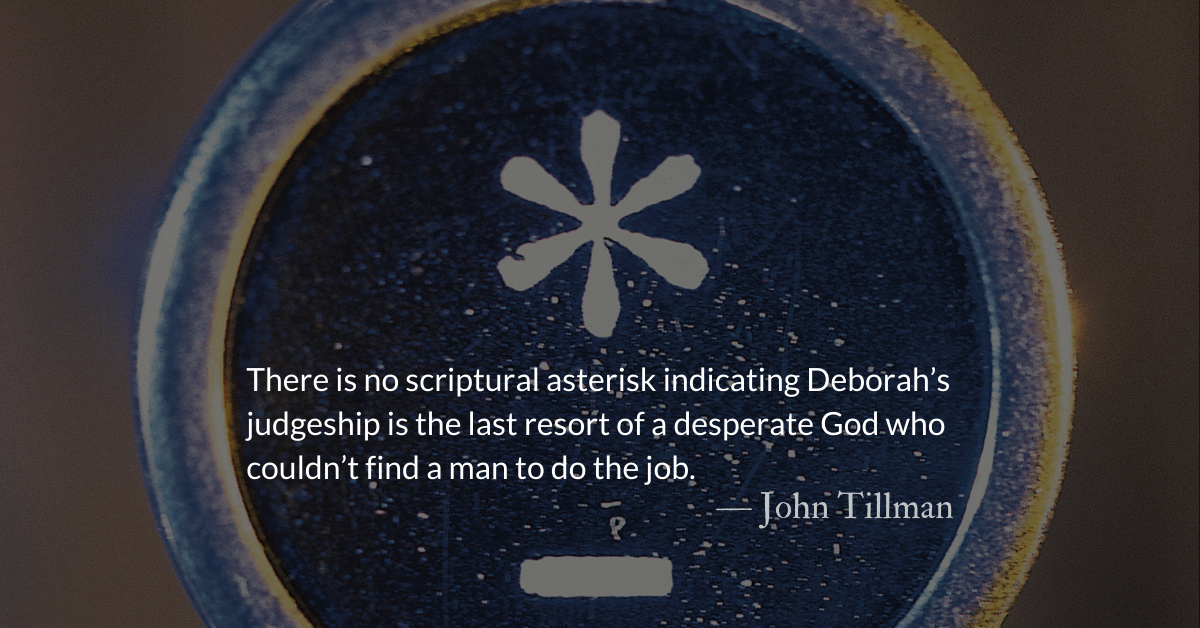Scripture Focus: Judges 9.1-6
1 Now Abimelech the son of Jerubbaal went to Shechem to his mother’s relatives and said to them and to the whole clan of his mother’s family, 2 “Say in the ears of all the leaders of Shechem, ‘Which is better for you, that all seventy of the sons of Jerubbaal rule over you, or that one rule over you?’ Remember also that I am your bone and your flesh.”
3 And his mother’s relatives spoke all these words on his behalf in the ears of all the leaders of Shechem, and their hearts inclined to follow Abimelech, for they said, “He is our brother.” 4 And they gave him seventy pieces of silver out of the house of Baal-berith with which Abimelech hired worthless and reckless fellows, who followed him. 5 And he went to his father’s house at Ophrah and killed his brothers the sons of Jerubbaal, seventy men, on one stone. But Jotham the youngest son of Jerubbaal was left, for he hid himself. 6 And all the leaders of Shechem came together, and all Beth-millo, and they went and made Abimelech king, by the oak of the pillar at Shechem.
Student Writers Month:
This month, The Park Forum welcomes college and seminary student writers pursuing ministry careers. For more info about our yearly Student Writer program, see our website.
Reflection: Surprised by Power
By Susan Powell
It is something we all share in common. It spans cultures, time, and every dividing line. It draws us to stories, to prayer, to courageous actions, and tireless pursuits.
It is the satisfaction of seeing villains defeated and evil overcome.
The book of Judges holds no shortage of evil. But Abimelech stands out as one whose pursuit of power leaves us craving justice. Unlike the judges that God had raised up for his people, Abimelech raised himself to power. His hunger to rule proved costly.
Abimelech was Gideon’s son, born of a concubine. After the death of Gideon, Abimelech beseeches his mother’s relatives to appoint him their leader. He then executes his seventy brothers to consolidate his power.
Justice is served when an unnamed woman throws a millstone on Abimelech’s head. To cover up this disgrace, Abimelech instructs his armor-bearer to kill him with the sword. Like the resolution to every great conflict, we find pleasure in Abimelech’s defeat.
Such a rendering of justice is befitting of one one who would sacrifice his brothers’ lives for his own succession. We shudder at such horror. But do we cringe so quickly at our own hunger to rule? Do we grieve the ways we exalt ourselves at the cost of others?
Our workplaces, homes, and communities can serve as altars where we seek our own gain at the expense of another. People, pursuits, and possessions become the foundation of our thrones. Today let us ponder where we too have sought power by our own means. Then let us be surprised by the mercy of a gracious King.
Jesus doesn’t shudder at our grievous ways. Instead, he redeems us from their bondage. He beckons us from our power-hungry pursuits and invites us to walk humbly with him.
Abimelech and every other Old Testament ruler leave us longing for one who rules with perfect righteousness and justice. They leave us looking for one who will ultimately defeat evil.
This is Jesus. He is the King who made himself nothing for our salvation. The Ruler who offered himself for our liberation. The Lord who lowered himself that we might be raised to life.
Rather than rely on faulty thrones, let us find satisfaction in the one who humbled himself (Philippians 2.5-11) and overcame death. When confronted with our own hunger to rule, may we run boldly to Jesus and ask for the humility to bow.
Divine Hours Prayer: The Call to Prayer
Be joyful in the Lord, all you lands; serve the Lord with gladness and come before his presence with a song. — Psalm 110.1
– Divine Hours prayers from The Divine Hours: Prayers for Springtime by Phyllis Tickle
Today’s Readings
Judges 9 (Listen – 8:22)
Acts 13 (Listen – 7:36)
Read More about Readers’ Choice 2021
It is time to hear from you about the posts from the past eleven months (September 2020 – July 2021) that have challenged, comforted, and helped you find new meaning in the scriptures.
https://forms.gle/ozM13qvW9ouSWhJS7
Read more about Lament the Fall of Leaders (Even Bad Ones)
May we lament fallen leaders, confessing their sins and ours, as we await and serve our true King.











